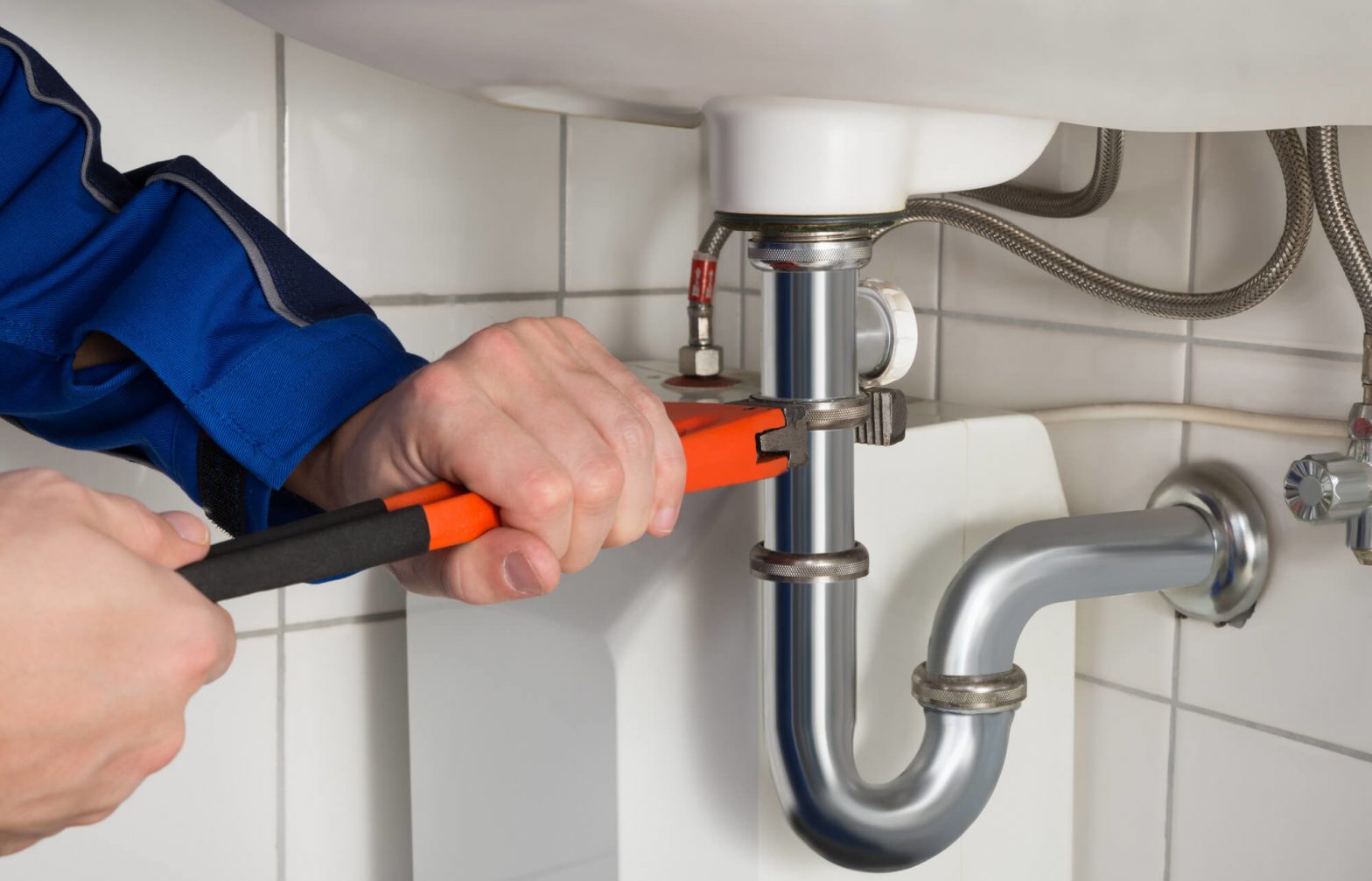Methods to Prevent Typical Plumbing Problems Before They Happen
In terms of home maintenance, the plumbing system often becomes an afterthought until something goes wrong. But, being proactive about possible plumbing issues can help homeowners not only time and money. Understanding common plumbing problems and learning how to prevent them can make all the difference in keeping your home running smoothly.
From ensuring your pipes are prepared for winter to understanding when to call a professional, there are several strategies that can help you avoid headaches down the road. In this article, we will explore practical tips and insights to help you stop common plumbing problems before they occur, so you can enjoy peace of mind in your home.
Typical Plumbing Issues & Fixes
Property owners frequently face different plumbing issues that can interfere with daily life. The of the most common issues is a clogged drain, which can lead to slow drainage or even water damage if not dealt with in a timely manner. To prevent blockages before they start, be careful of what goes down the sink, shower, and toilet. Consistently using a mixture of baking soda & vinegar can aid maintain flowing pipes by breaking down accumulation. If blockages do occur, using a sink plunger or a drain snake can commonly tackle the problem, but for ongoing issues, it may be wise to call a professional plumbing expert.
Additionally frequent pipe issue is low water pressure, which can make taking a shower and washing dishes annoying. This issue may emerge due to sediment buildup in the pipes or water supply problems. Checking and servicing sink aerators and showerheads can frequently increase pressure. If the problem continues, inspecting your complete plumbing for water leaks or corrosion is recommended, as these issues can substantially impact water pressure. Contacting a plumbing expert may be required if you suspect significant issues.
Lastly, seasonal changes can create specific challenges for plumbing systems. Winter plumbing is particularly worrisome, as subzero temperatures can lead to burst pipes. To shield your plumbing from cold, protective insulation and adequate sealing of any drafts in your property are crucial. During winter preparations, consider shut off and drain outdoor faucets to prevent water from freezing inside the pipes. A forward-thinking approach can shield homeowners from the burden of emergency plumbing emergencies and costly repairs.
Avoidance and Upkeep Tips
Routine maintenance is the initial line of defense against common plumbing problems. Homeowners should create a scheduled inspection plan for key areas such as sinks, lavatories, and heating units. Inspecting for drips, corrosion, or indications of deterioration can help catch issues before they escalate, saving time and money. Additionally, ensuring that air ducts and pipes are free of debris reduces the chance of clogs that can result in more severe blockages.
Another helpful tactic is to take proper care of your pipes. Refrain from pouring oil or food scraps down the kitchen sink, and use drain screens to catch strands and detergent film in the bathroom. Consistently rinsing the drains with hot water and an intermittent vinegar and baking soda solution can keep them flowing smoothly. plumbers in wexford can greatly reduce the chance of facing a plumbing emergency in the future.
Finally, consider seasonal maintenance to safeguard your plumbing system. During winter, protecting pipes and allowing faucets to drip can stop freezing and bursting. In spring, a plumbing list can help identify any necessary fixes or upgrades. Seasonal inspections can catch potential issues early and make your plumbing setup more efficient and reliable year-round.
When to Call a Expert
At times, plumbing matters are more intricate than they appear, and it can be hard to determine if you should handle the maintenance yourself. If you're experiencing persistent leaks, slow drains, or constant clogs that won't disappear, it may be appropriate to call a professional plumber. These issues can often indicate underlying problems that demand expert diagnosis and appropriate tools to resolve properly.
Another key scenario to consider is an emergency plumbing event, such as a broken pipe or sewage backup. In these cases, the damage can escalate quickly, leading to greater damage and increased expenses if not handled immediately. Knowing how to cut off your water in an emergency can offer short-term relief, but professional assistance is essential to make sure the problem is addressed adequately and avoids future problems.

In conclusion, if you're considering any major plumbing projects or upgrades in your home, calling a licensed plumber can save you time and money. While they also offer valuable insights on the best practices and latest technologies, but they can also help you avoid common mistakes that homeowners often make when tackling plumbing tasks by themselves. This professional guidance is crucial, especially for significant renovations or when installing new components, which ensures that everything is up to code and operating effectively.